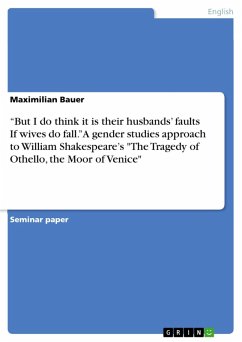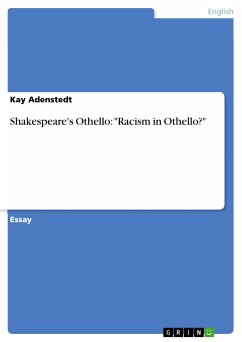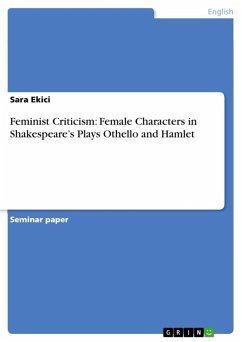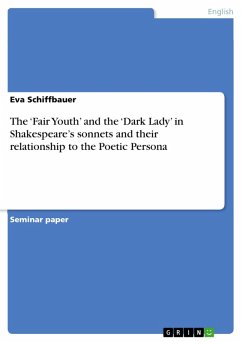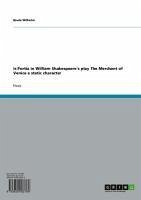Seminar paper from the year 2013 in the subject English Language and Literature Studies - Literature, grade: 1,3, University of Würzburg (Neuphilologisches Institut), course: Shakespeare's Tragedies, language: English, abstract: This seminar paper is trying to display some designated motifs of gender studies and wants to give an overview of how such an approach to Shakespeare's "Othello" can be made. Approaching Shakespeare's works under the aspect of gender studies might not been originally intended by the author, however it provides multiple chances of interpretations and varieties of looking at the text. This is why in this seminar paper the literary theory of gender studies will be implemented on Shakespeare's "The Tragedy of Othello, the Moor of Venice". Firstly a theoretical approach to Gender Studies is going to lead the way into this paper with an explanation of the main aspects of the Gender Studies theory and why it was chosen for this work. This will be followed by a focus on depictions of women and men and the gender related differences shown in the play. Furthermore a close look on the main characters namely Othello and Iago being the most important male characters and on the other hand Emilia and Desdemona as the main female characters in the play is taken. Main issues discussed are how the characters fit their role in society, female obedience and silence in contrast to male dominance and the need to act as. Also will these main themes be put in contrast with the plot and its development to see the impact of the characters and their gender related behaviour towards it. This will lead to a final analysis of how gender does influence the plot of the tragedy "Othello" and its outcome. The characters' downfalls that in the end lead to the tragic resolution is being discussed from a view of gender studies theory. The analysis shows how gender influences Shakespeare's drama in detail, which changes the characters go through with the progression of the plot and gives a short explanation of how these issues could be so fatal for the characters that die in the play.
Dieser Download kann aus rechtlichen Gründen nur mit Rechnungsadresse in A, B, BG, CY, CZ, D, DK, EW, E, FIN, F, GR, HR, H, IRL, I, LT, L, LR, M, NL, PL, P, R, S, SLO, SK ausgeliefert werden.

